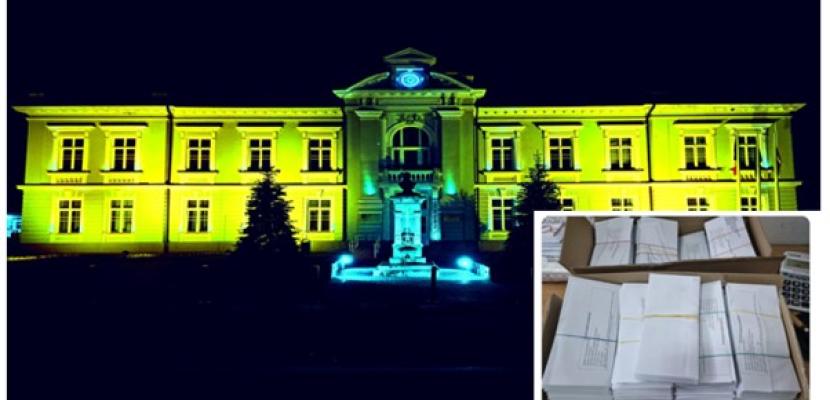
Innovative Implementation of the Partnership Principle in EU Cohesion Policy

About this good practice
The city of Ramnicu Valcea is conducting huge efforts in transitioning towards the substantial reduction of CO2 emissions, in line with the EU-wide objective of Net Zero by 2050. These efforts are supported by EU Cohesion Policy: Ramnicu Valcea plans to invest 32 million euro in the local sustainable urban mobility plan in the next years.
Despite these efforts, the share of citizens using public transportation remains low, while traffic congestion and its consequences on air quality and street safety persist. The city decided to adopt a different approach and to involve the citizens in the local decision-making process to valorize investments for sustainable urban mobility.
The City sent 2000 letters to random households across the city. Citizens who manifested their interest in participating were then sorted according to gender, age bracket, and habits of transport. The Jury (20 jurors) convened for six days of work between interactive learning sessions with experts, facilitated debate and drafting of recommendations.
The Jurors presented the final recommendations to the Mayor and the City Council. Each recommendation will now be analyzed by the technical departments of the Municipality and receive a detailed response from the City Council on its feasibility. All the feasible recommendations will be implemented. To date, the Citizen Jury of Ramnicu Valcea is the first deliberative process ever recorded in Romania.
Resources needed
The Citizen Jury on Urban Mobility is the result of a joint effort of the Municipality, the Community Foundation and H.appy Cities Association, together with support of the OECD experts under the aegis of DG REGIO.
Many human resources has been involved into the implementation of this initiative
Evidence of success
The project aims at experimenting and institutionalizing innovative methodologies to involve citizens in policy making, such as deliberative processes, open innovation, participatory budgeting, civic monitoring, applied to an improved management and monitoring of EU funds under cohesion policy
Potential for learning or transfer
The multiplier effect of this pilot is promising. The OECD and the European Commission will disseminate this experimentation with Romanian public authorities and share template documents that can help other interested authorities organize a deliberative process (letter, city resolution, agendas, diplomas, etc.).
